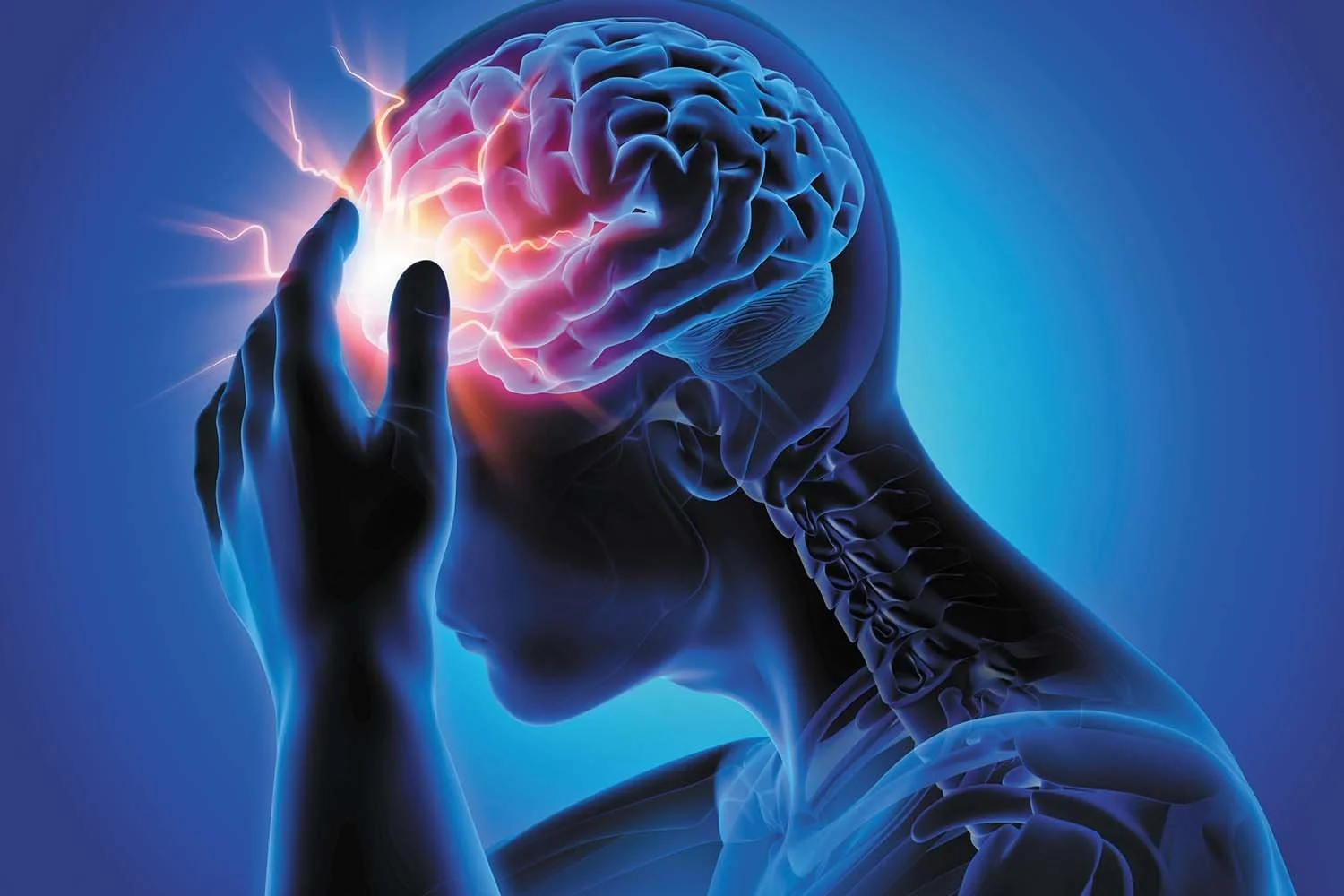Acupuncture's Biomedical Efficacy in Treating Headaches
/Headaches are one of the most common and debilitating medical conditions worldwide, and acupuncture has gained attention as a remedy. Numerous studies indicate acupuncture’s ability to influence the body's neurophysiology and release endorphins, the body's natural painkillers.
The Biomedical Perspective on Headaches
Headaches can be categorized into different types, including tension-type headaches, migraines, and cluster headaches. Each type may have distinct underlying causes and mechanisms, and acupuncture can make a difference for each.
Tension-Type Headaches
Tension-type headaches are often linked to muscle tension and stress, and research has shown that acupuncture can address both. A systematic review and meta-analysis published in JAMA Internal Medicine (2016) found that acupuncture was associated with a significant reduction in the frequency of tension-type headaches compared to sham acupuncture or conventional treatments.
Migraines
Migraines are severe and often accompanied by nausea, vomiting, and sensitivity to light and sound. Multiple studies have investigated the role of acupuncture in migraine management. A randomized controlled trial published in JAMA (2017) demonstrated that acupuncture is associated with a reduction in the frequency and intensity of migraines.
Cluster Headaches
Cluster headaches are excruciatingly painful and occur in clusters over a period, often waking patients from sleep. A study published in Cephalalgia (2009) suggested that acupuncture can help reduce the frequency and intensity of these headaches.
Mechanisms of Action
Modulation of Neurotransmitters: Acupuncture modulates the release of neurotransmitters such as serotonin and norepinephrine, which are involved in pain regulation and mood stabilization.
Endorphin Release: Acupuncture stimulates the release of endorphins, which act as natural painkillers, promoting pain relief.
Improved Blood Flow: Acupuncture enhances blood flow, ensuring adequate oxygen and nutrients reach the brain, potentially reducing the severity and frequency of headaches.
Relaxation and Stress Reduction: By promoting relaxation and reducing stress through activation of the parasympathetic nervous system, acupuncture can help manage tension-type headaches and prevent migraines triggered by stress.
Acupuncture's effectiveness in treating headaches from a biomedical perspective is increasingly supported by scientific research.
Ready to try it? David Blatt, LAc, offers acupuncture for headaches at his City Park location in Denver. Anticipate at least 4-6 weekly treatments to see notable results. Schedule now.
References:
Zhao L, Chen J, Li Y, et al. The Long-term Effect of Acupuncture for Migraine Prophylaxis: A Randomized Clinical Trial. JAMA Intern Med. 2017;177(4):508-515.
Linde K, Allais G, Brinkhaus B, et al. Acupuncture for the prevention of tension-type headache. JAMA Intern Med. 2016;176(7):1105-1112.
Melchart D, Streng A, Hoppe A, et al. Acupuncture in patients with tension-type headache: randomised controlled trial. BMJ. 2005;331(7513):376-382.
Li Y, Zheng H, Witt CM, et al. Acupuncture for migraine prophylaxis: a randomized controlled trial. Cephalalgia. 2009;29(3):306-315.


